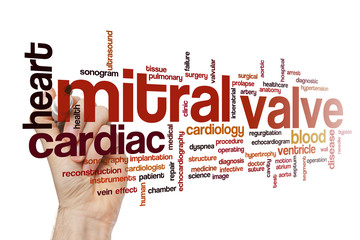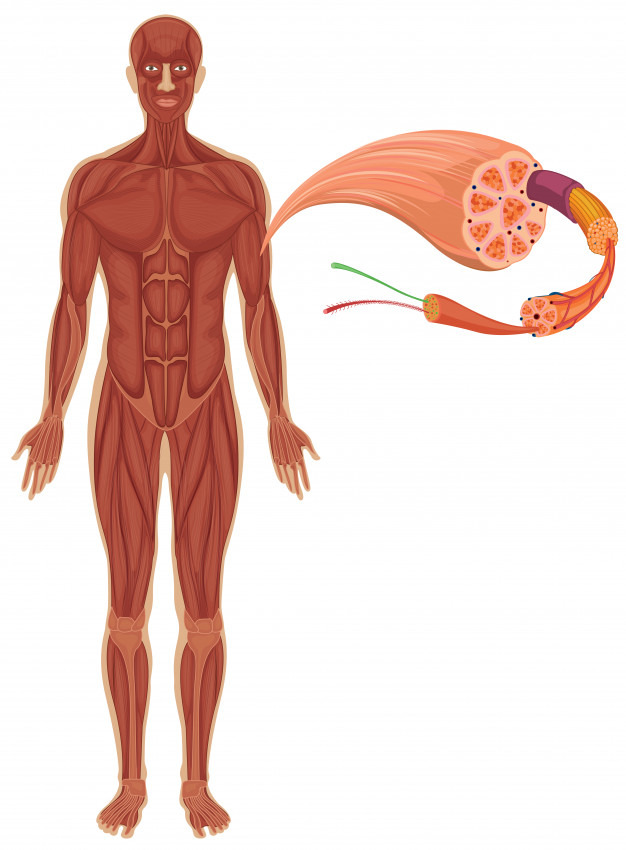
A retired heart transplant surgeon in California, John A. Macoviak, MD, focuses his time on being a medical author and blogger. Having written more than 50 peer-reviewed articles, along with performing many ground-breaking surgeries, John Macoviak MD MBA maintains a professional interest in both hypertension and diabetes.
According to research from September 2020, adults who have type 2 diabetes (T2D) are more likely to develop hypertension with moderate alcohol consumption. The study, which was published in the Journal of the American Heart Association, looked at data from 10,200 adults participating in the ACCORD trial. This trial previously compared methods of reducing the risk of cardiovascular disease in adults who had T2D.
For the current research, adults were split into three categories: those who were light drinkers, moderate drinkers, and heavy drinkers. Light drinkers only had one to seven drinks per week, where each drink was 12 ounces of beer, 1.5 ounces of liquor, or six ounces of wine. Meanwhile, heavy drinkers had upwards of 15 drinks per week, while moderate drinkers had between eight and 14 drinks.
Based on the study’s analysis, heavy drinkers had almost twice the risk of elevated blood pressure (BP) readings. They were also three times more likely to develop stage II hypertension and 2.5 times more at risk of stage I hypertension. For moderate drinkers, the risk dropped, but it was still significantly above their peers who drank less.






